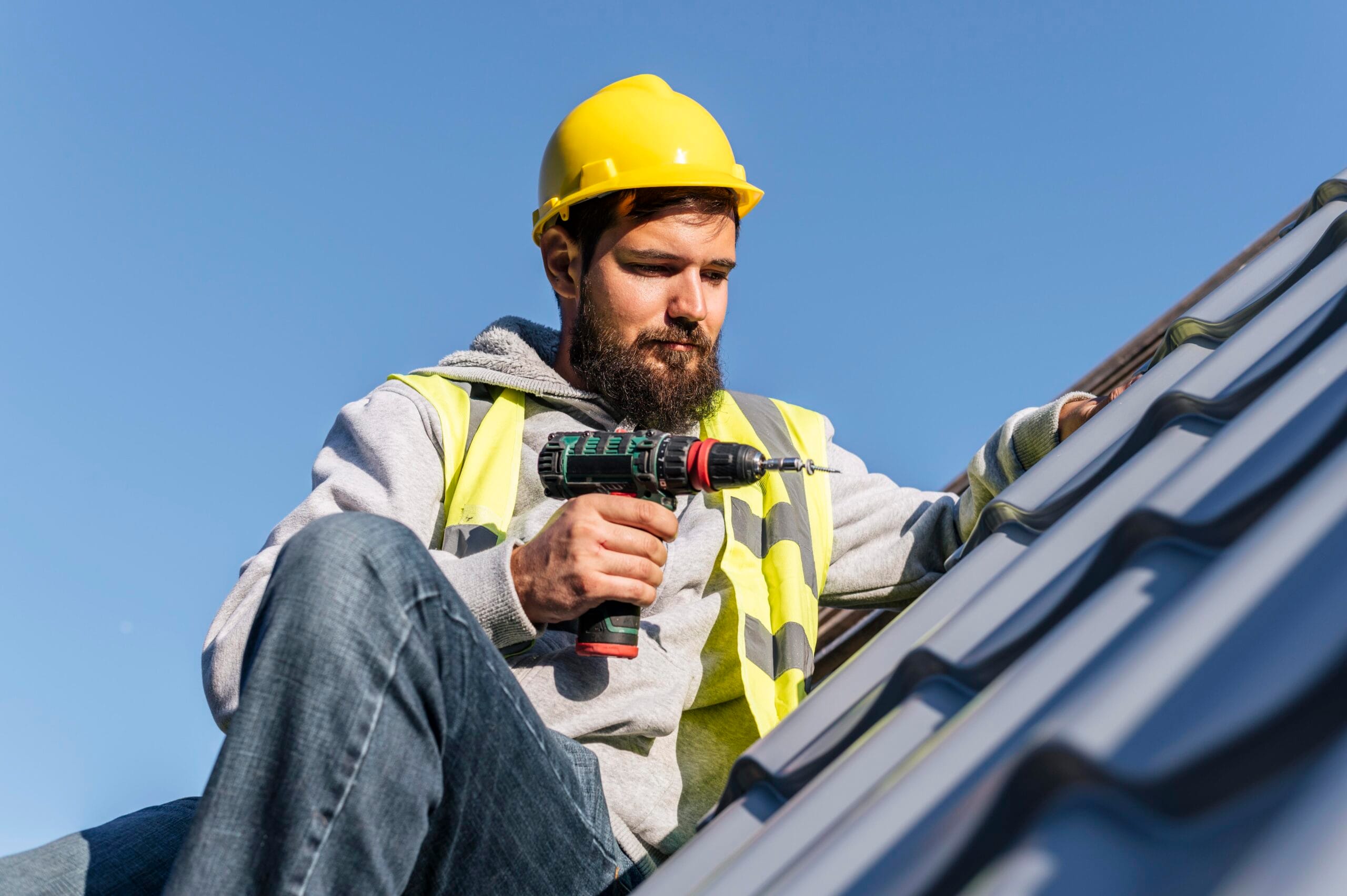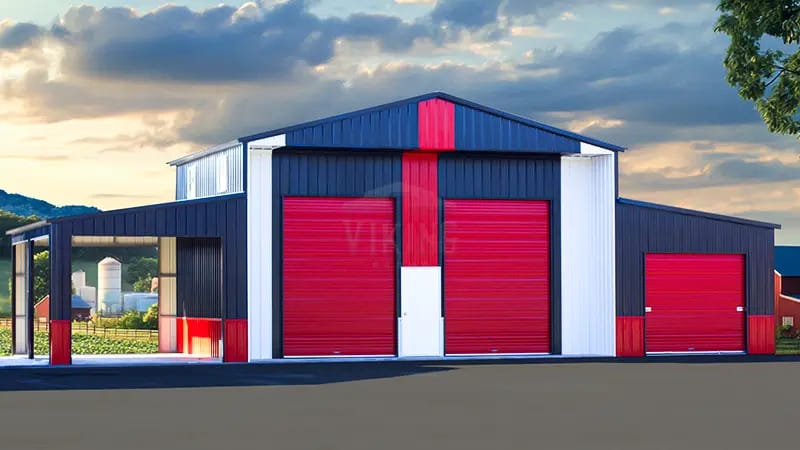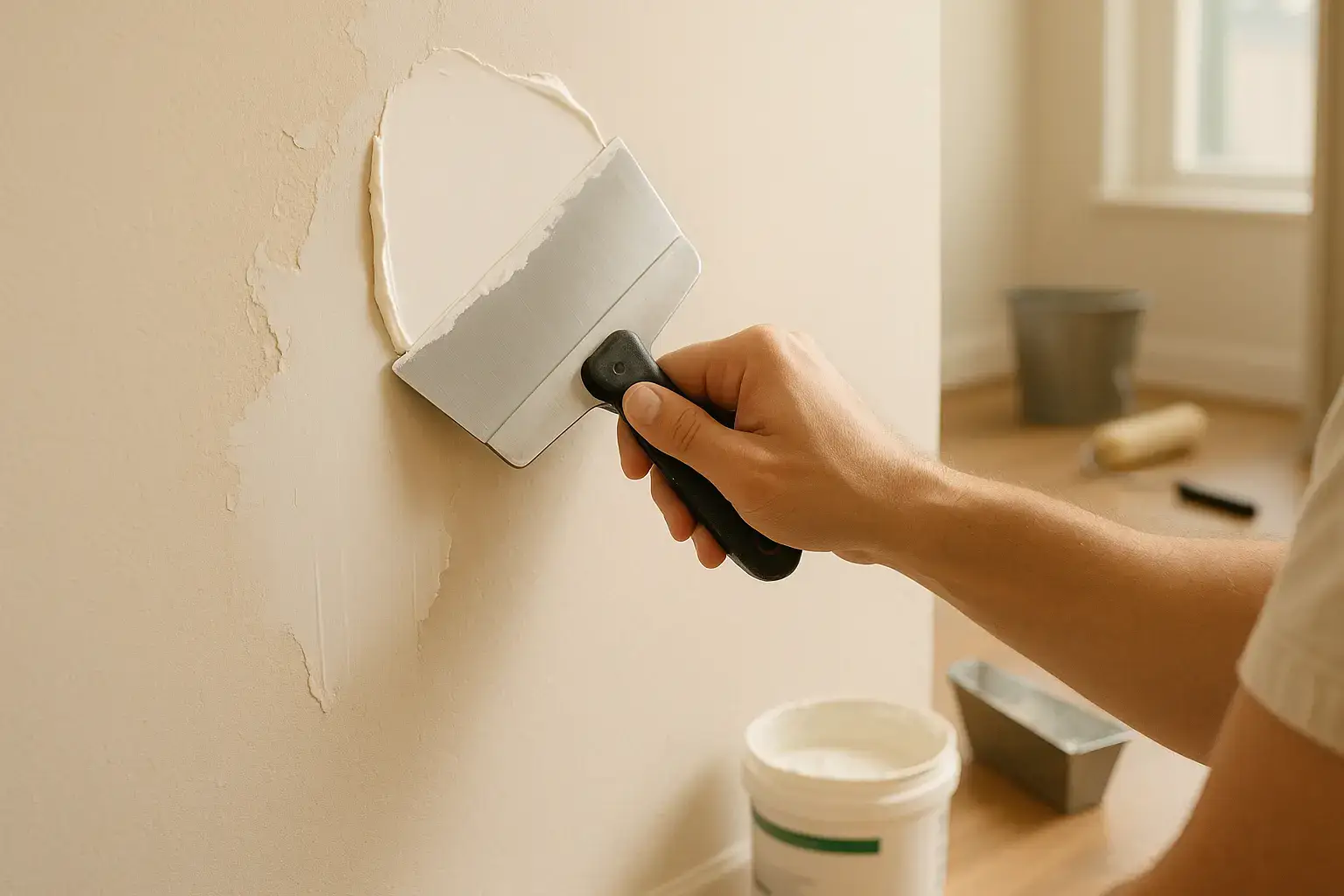
Choosing the Best Commercial Roofing Contractor: What to Look For
Choosing a commercial roofing contractor may be easy for any business owner or property manager. A building’s most essential part is the roof, which protects it from other elements and aids in auxiliary judgment. Considering the critical conjecture involved, choosing the best commercial roofing contractor who is reliable, skilled, and capable of producing high-quality work is essential. This in-depth guide will guide you through the fundamental factors to consider when selecting the top temporary worker for commercial Roofing.
Understanding the Importance of a Qualified Roofing Contractor
The execution of a business roof directly affects the building’s security, productivity, and appearance, making it a notable investment. A skilled material temporary worker ensures that your roof will last for a long time by bringing expertise, consistency, and high-quality workmanship to the table.
Key Benefits of Hiring a Professional:
Quality Workmanship: Professional contractors possess the abilities and commitment to provide top-notch work, reducing the likelihood of problems down the road.
Safety: The work material may be hazardous. Security conventions are known to experts who are ready to ensure a safe working environment and prevent accidents.
Compliance: A reliable contractor will keep a safe distance from potential legitimate problems by ensuring that every work adheres to local construction codes and restrictions.
Warranty and Insurance: Professional contractors protect you against financial obligations in the event of accidents or employee abandonment by offering warranties on their work.
Things to keep in Mind while Hiring Best Commercial Roofing Contractor
1. Verify Licensing and Insurance
Licensing:
Verify that the temporary worker you are considering has the right to work in your state or region. Significant permission proves that the contractor has complied with regulatory experts’ basic requirements and standards. It also imparts a level of accountability and refined ability.
Insurance:
Ensure the commercial building roofing contractors have workers’ compensation and common obligation safeguards. It is usually essential to protect you from any risk in the event of mishaps or injuries during the material undertaking. You can be responsible for medical expenses or repairs if you don’t have the proper protections.
2. Evaluate Experience and Knowledge:
Years in Business:
A contractor with extensive experience in the material sector is probably well-versed in the field and has a solid track record. Although more recent businesses might provide competitive estimates, they might not be as skilled and reliable as established ones.
Specialization:
Make sure the contractor has experience with commercial roofing and contracting. The materials, development tactics, and support requirements of commercial rooftops are fundamentally different from those of private rooftops. A contractor who has experience working with Commercial Roofing will be better equipped to manage the unique requirements of your project.
3. Check References and Reviews
References:
Ask the commercial roofing contractors to provide you with a list of previous clients’ references. Speak with these references to learn about their experiences, the caliber of the work, and the contractor’s constant caliber. Satisfied customers might provide crucial insights into the contractor’s performance.
Online Reviews:
Check out internet audits from organizations like Google, Howl, and the Better Business Bureau (BBB). Pay attention to the criticism’s designs. While consistent good survey results are encouraging, repeated grievances regarding the same problems could indicate more severe problems.
4. Assess the Contractor’s Portfolio
Previous Projects:
Request to view a portfolio of your successful projects. This may give you an idea of the contractor’s skills and caliber of work. To determine if an endeavor is appropriate, look for ones similar to your claim in scale and complexity.
Site Visits:
Try visiting a few of the contractor’s ongoing or finished construction sites. This could provide an up-close look at their craftsmanship, security protocols, and workplace management.
5. Obtain Detailed Estimates
Written Estimates:
A bona fide contractor should provide a detailed, well-written estimate detailing the job’s extent, the materials used, the labor expenses, and an extended schedule. Avoid temporary employees who have provided verbal gauges in the past or who lack understanding of the finer points.
Comparison:
Collect estimates from several contract workers to evaluate the prices, supplies, and services offered. Avoid whole cow offerings as they could show inferior materials or shortcuts in the craftsmanship.
6. Evaluate Communication and Professionalism
Responsiveness:
Take note of how quickly the contractor responds to your request. Effective communication is essential to the project’s successful completion and resolving any problems that may arise.
Professionalism:
Observe the contractor’s refined technique in the context of basic intuition. Are they organized, considerate, and timely? A contractor who prioritizes polished expertise will probably remain in the same mindset throughout the project.
7. Check Guarantees and Warranties:
Material Warranties:
Verify that there are producer guarantees on the materials used. These assurances might give you additional peace of mind by covering surrenders and unexpected disappointments.
Workmanship Guarantees:
Inquire about the contractor’s artistry guarantee. A bona fide contractor should guarantee their performance and provide support for the specified duration. This ensures that any problems arising from impoverished establishments will receive attention.
8. Ensure Compliance with Safety Standards
Safety Protocols:
Find more about the contractor’s preparation and security protocols. A dedication to security reduces the risk of accidents and ensures a more secure working environment for both building occupants and specialists.
OSHA Compliance:
Verify that the contractor follows the guidelines set forth by the Security and Health Organization (OSHA) in Word. Adherence to these protocols could indicate the contractor’s dedication to maintaining a safe and secure work environment.
9. Understand the Project Timeline
Completion Time:
Review the estimated timetable for project completion. Make sure the contractor has the resources to stick to the time commitment they make and that they give a realistic one. Delays can be pretty costly and disruptive to your business’s operations.
Milestones:
Please provide a summary of the significant turning points in the extended timeframe. This helps you monitor progress and ensures that the extension stays on schedule.
10. Review Contract Terms Thoroughly
Work’s Scope:
The agreement should clearly state the amount of work involved, including the precise tasks needed, the resources required, and any extra organizations provided.
Payment Terms:
Obtain the payment terms, including the total amount fetched, the installment schedule, and any possible additional expenses. Avoid temporary employees who want the entire amount upfront.
Termination Clause:
Ensure the agreement includes an end provision outlining the circumstances in which either party may terminate the contract. In the event of non-performance or other problems, this offers protection.
11. Consider Local Knowledge and Presence
Local Building Codes:
A contractor familiar with the neighborhood can identify construction codes and regulations, ensuring compliance and keeping a safe distance from valid concerns.
Community Reputation:
It is more likely that a contractor who has a strong local reputation will be helpful in maintaining their standing in the community. This will translate into greater accountability and benefit.
12. Evaluate Financial Stability
Financial Health:
Take the temporary worker’s stability in terms of money into consideration. A financially stable contractor is likely to have the resources to finish your project on time and without unanticipated problems.
Supplier Relationships:
Strong relationships with suppliers can be an indicator of stability and financial strength. Additionally, it ensures the timely acquisition of high-quality materials.
The Bottom Line
Selecting the best commercial roofing contractor necessitates careful consideration of a number of factors, including verifying insurance and licensing as well as examining experience, references, and polished expertise. By taking the time to thoroughly evaluate possible temporary employees, you can ensure that your material project is finished to the highest standards, providing long-term assurance and value for your property.




The degree to which I appreciate your creations is equal to your own sentiment. Your sketch is tasteful, and the authored material is stylish. Yet, you seem uneasy about the prospect of embarking on something that may cause unease. I agree that you’ll be able to address this matter efficiently.
I do not even understand how I ended up here, but I assumed this publish used to be great
Hi there to all, for the reason
very informative articles or reviews at this time.
This is my first time pay a quick visit at here and i am really happy to read everthing at one place